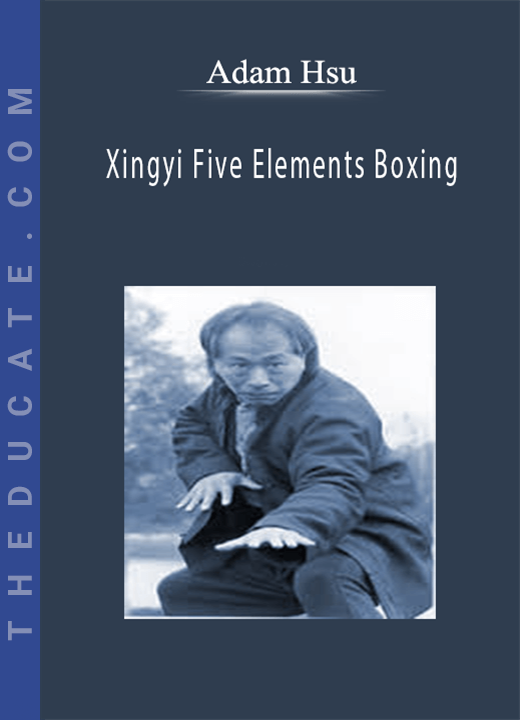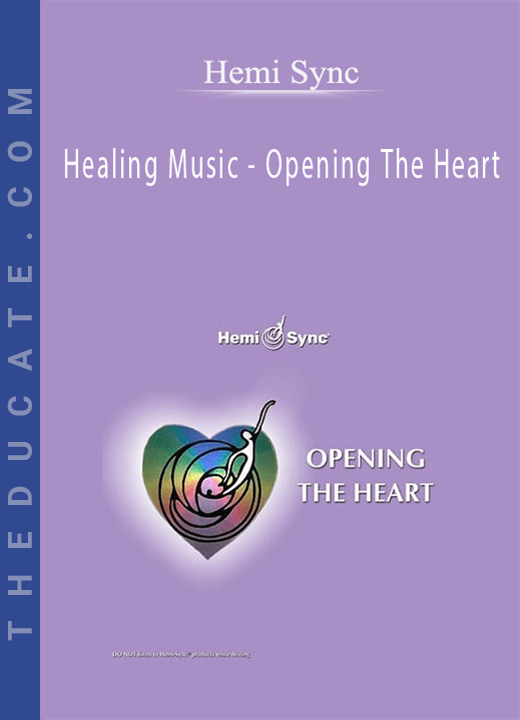Description

Adam Hsu – Xingyi Five Elements Boxing
Admittedly, the prospect of sitting down to three DVDs about Hebei XingYi Quan is intimidating at best. Yet, almost immediately, you are taken into a story of practice, of history and, most importantly, Shifu Hsu’s absolute command of his topic. His enthusiasm and dedication become contagious even through the subtitles. And always there is his coy draw that says: you can do this too. It’s easy, just try, everyday.
I was first taught XingYi Quan, one of the three “internal” styles sitting with Tai Chi Quan and Ba Gau Zhang, at a seminar given by my two Shifus. It was early on in the school’s history (maybe 20 years ago) and this might have been their first seminar given for the school. The only other student attending would, much later, become my wife. The two of us spent four hours learning the San-Ti stance, the Caterpillar Step and the Five Elements. For me it was love at first sight. I have kept XingYi Quan with me over the years and my Shifu has returned to it again and again, even though it is not my primary style. I find there is something at once simplistic and complex in its movements and its stillness.
These series of DVDs really aren’t for the very beginner or for someone looking to actually learn XingYi Quan from a video. Rather, this is a sophisticated series meant for the serious practitioner of XingYi Quan or any traditional Chinese Martial Art. While the movements of XingYi Quan are covered, the real gems here are in the principals given, principals that span not only XingYi Quan but also apply to just about any traditional Chinese Martial Art.
 The structure of the series moves through an overview, to posture training, to the Caterpillar step, into each of the Five Element movements and ends with the Linking Fist set. Truly, the joy in all of this is the details and insights of the smallest attributes of a move or of a given history. When discussing a physical movement, each motion is broken down into excruciating detail (a must for furthering our practice). And it is here where it greatly benefits those who already know the movements. I find myself going back to them and refining them, picking out the areas that I’ve practiced into the rote, where I’ve lost definition, where I’ve forgotten what my Shifu taught me originally. It inspires to return and honestly evaluate our own movements to their minutiae and work on the needed changes.
The structure of the series moves through an overview, to posture training, to the Caterpillar step, into each of the Five Element movements and ends with the Linking Fist set. Truly, the joy in all of this is the details and insights of the smallest attributes of a move or of a given history. When discussing a physical movement, each motion is broken down into excruciating detail (a must for furthering our practice). And it is here where it greatly benefits those who already know the movements. I find myself going back to them and refining them, picking out the areas that I’ve practiced into the rote, where I’ve lost definition, where I’ve forgotten what my Shifu taught me originally. It inspires to return and honestly evaluate our own movements to their minutiae and work on the needed changes.
When he speaks of history, it’s like being let into the past. Ancient Masters are spoken of, lineages outlined and personalities are given to the ancients. Suddenly you see how you yourself are playing a vital role in preserving the art, how important it is that you are practicing, taking that time out of each day, to further not only yourself but the art as linked to past and future masters and practitioners. As Shifu Hsu says: “We respect the ancient masters and cannot let them down.” And history and context permeates all of the lessons. Why is the first move called “Split?” Oh, it’s actually the third move taught and in Chinese it means “Start” which in turn can mean “How are you doing today?”
 A good example of his teaching is the lesson on San Ti, XingYi Quan’s posture or stance training. Common to all the “internal” arts and incorporated in many other arts (Pigua Zhang, I-Chuan especially), stance training has to be the most difficult, and possibly avoided, type of training in any canon. It is far easier to perform a movement, with all its potential vague losses, than to stand and focus on one’s self in all its infinite detail.
A good example of his teaching is the lesson on San Ti, XingYi Quan’s posture or stance training. Common to all the “internal” arts and incorporated in many other arts (Pigua Zhang, I-Chuan especially), stance training has to be the most difficult, and possibly avoided, type of training in any canon. It is far easier to perform a movement, with all its potential vague losses, than to stand and focus on one’s self in all its infinite detail.
Shifu Hsu starts be delineating the structure of the stance: 70/30 weight distribution on the legs, hands palm down, one outstretched further than the other. From structure we are taken to breath. We breathe from the Dantian, or belly, which takes us back to how we breathed as children. Again he brings the martial into daily life here, imploring how we need to always breath from the Dantian and soon it we will do it unconsciously.
From the breath we are brought deeper into the stance. We are taught how it relates to, and activates, various Chinese Acupuncture points, linking it to Chinese medicine. From there a discussion of the Chi flow that it promotes and how it travels through the various Meridians, both direct and cross. Then back to the mind’s intent, how the legs are rooted deep beneath us by our intent, how all is controlled by our intent and how important it is to be aware, and in control, of our intent while holding the posture. Rather than simply standing, we find ourselves busy and engaged in ourselves, our training. Finally, it is shown how the stance itself reflects the Chinese architecture staple of the Pagoda, the strong base with the light top.
Enjoy this series of DVDs as it is quite a gem in an increasingly crowded field of videos. I’m going off to practice.







7 reviews for Adam Hsu – Xingyi Five Elements Boxing
There are no reviews yet.